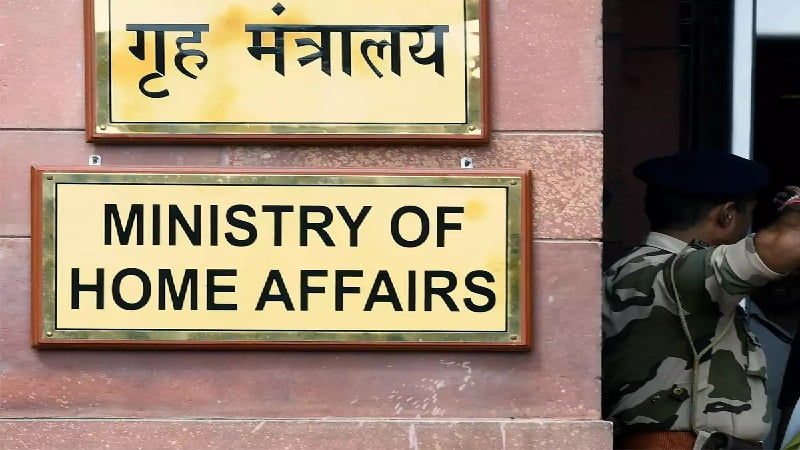The Central Bureau of Investigation (CBI) is on the verge of resolving its shortage of Indian Police Service (IPS) officers as the Union Home Ministry recently updated the tenure policy for central deputation. Under the updated policy, officers with a minimum of five years of service will now be eligible for induction into agencies like R&AW, IB, NIA, and the CBI. Previously, officers with a minimum of five years of service could join R&AW, IB, and NIA, but the CBI was excluded from this provision.
This policy update aims to tackle the issue of significant vacancies within the CBI, which has been impacting the speed and efficiency of investigations. According to the most recent data from the Ministry of Home Affairs (MHA), the CBI had a shortage of 42 IPS officers at the SP (Superintendent of Police) level, out of a sanctioned strength of 73. Additionally, there were 32 vacancies in the Intelligence Bureau (IB).
The role of an SP-level officer in investigations is crucial, as they oversee and directly handle cases. Given that the CBI deals primarily with high-profile cases, the absence of IPS officers at the SP level has been impeding the agency’s structure and operations for some time.
In a similar vein, the IB has expanded its officer ranks from SP and DIG to include IG, ADG, and DG positions to meet core staffing requirements. Previously, the “hardcore” officer strength in the IB was limited to 50% of the combined posts in the ranks of SP, DIG, IG, ADG, Special DG, and DG, all to be filled by IPS officers.
If a “hardcore” officer transitions from the IB to R&AW through a lateral shift, they will be treated as a “Permanently Seconded” officer of R&AW for the duration of their service in the agency. This also impacts matters such as the counting of the minimum period required for promotions and deployments, which now considers the combined service time in both IB and R&AW.
The updated policy also includes modifications in the empanelment process for senior IPS officers. The Ministry of Home Affairs has emphasized that each state cadre of the IPS designates a central deputation quota, necessitating additional recruitment to provide trained and experienced members for central government positions.



















